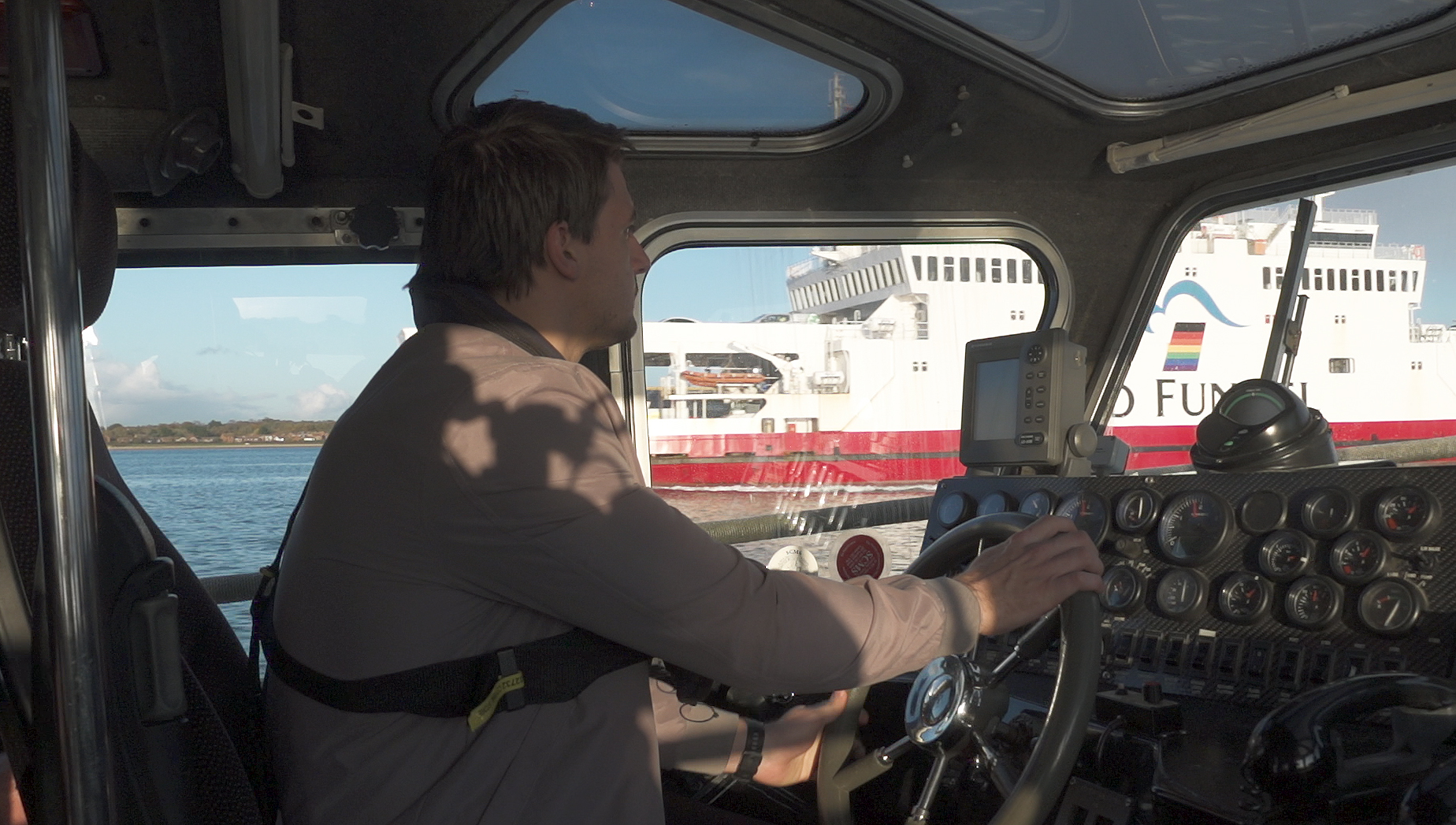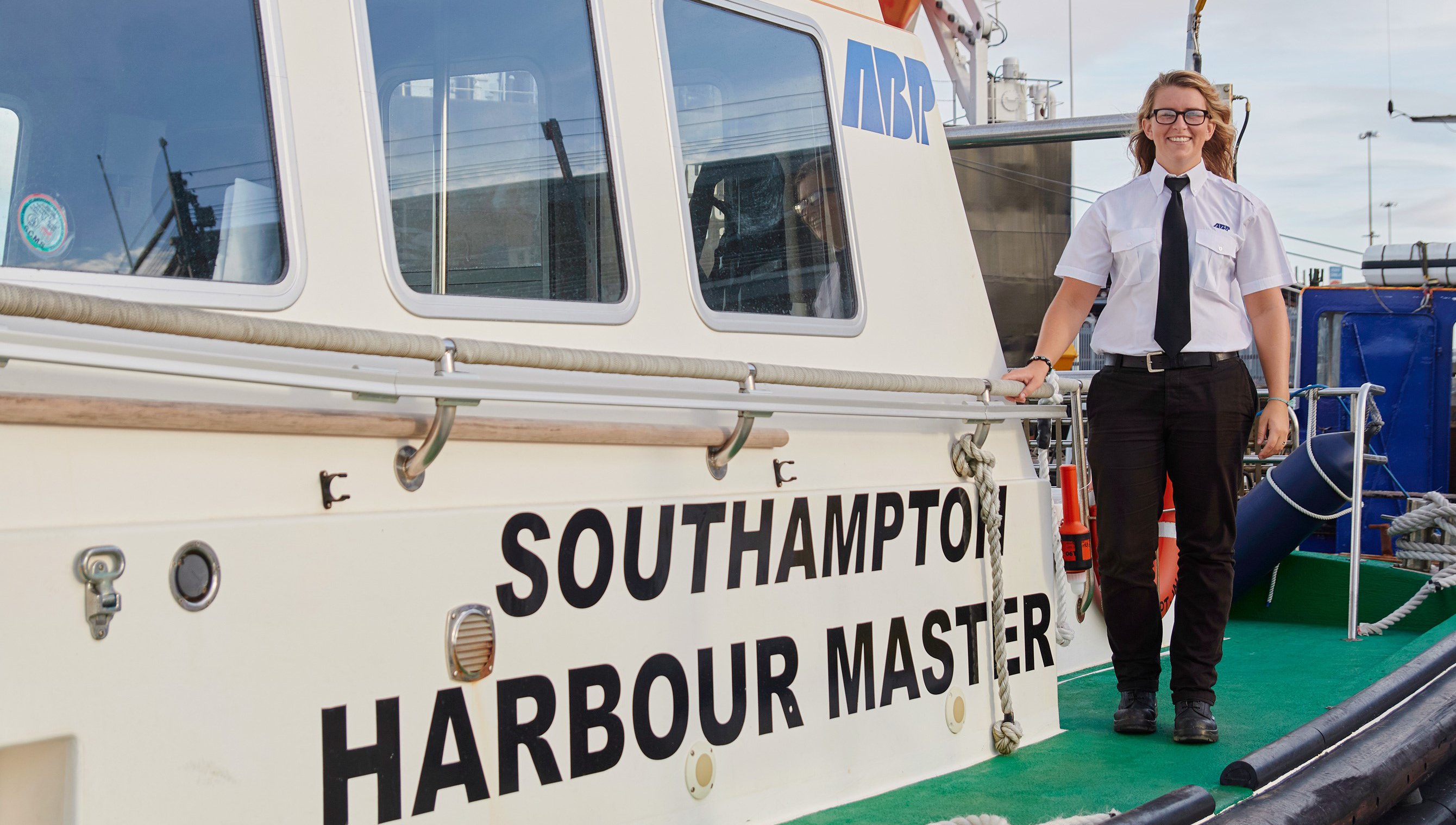- Topics
- Campaigning
- Careers
- Colleges
- Community
- Education and training
- Environment
- Equality
- Federation
- General secretary message
- Government
- Health and safety
- History
- Industrial
- International
- Law
- Members at work
- Nautilus news
- Nautilus partnerships
- Netherlands
- Open days
- Opinion
- Organising
- Podcasts from Nautilus
- Sponsored content
- Switzerland
- Technology
- Ukraine
- United Kingdom
- Welfare

Seafarers who want to retrain when they come ashore now have another option for paying for their training - apprenticeships. Iain Mackinnon, secretary to the Maritime Skills Alliance, outlines the benefits of this government-led scheme
Put aside your mental image that apprentices are school-leavers learning biblical skills like carpentry and bricklaying. Those opportunities are very much still available, but this is an offer of a substantial Government subsidy for those who are learning new skills mid-career, like retraining to become a surveyor, or a pilot, or a harbourmaster.

As a result of major changes in the way apprenticeships work in England the Institute for Apprenticeships, a Government agency, has been approving a new suite of apprenticeship 'Standards'.
Among the hundreds approved so far, are several relevant to seafarers coming ashore: Marine Pilot, Marine Technical Superintendent, Marine Surveyor and Harbourmaster. Naval Architect will be next.
Just as with Standards of Training, Certification and Watchkeeping for Seafarers, 1978 (STCW) these 'Standards' define the desired end-point, and set out the knowledge, skills and behaviour required to get there.
With most of the examples just quoted this has meant defining a national standard for the first time, which has the major advantage for people taking-up these programmes that they are transferable; they’re training to a nationally-agreed standard, not just the standard set by a single employer.
Industry examples
Associated British Ports have led the way in many respects. As the country’s largest ports group they were concerned that the traditional route for recruiting to many senior posts – employing former Master Mariners – was no longer going to be sufficient, because there aren’t enough around.

So they looked in competence terms at exactly what those senior jobs require over and above what someone learns at sea. There will continue to be plenty of debate about whether certain jobs require a Master Mariner or not, but for many employers and for many individuals, this new style of thinking is opening-up new opportunities.
Ignore the rather distracting term 'apprentice' ... this is essentially a Government subsidy for a programme of structured training for people retraining [mid-career] post-experience
Who qualifies?
As ever, there’s some important points to bear in mind. Most importantly, to qualify for this funding you must be employed.
Second, the funding goes to your employer, not (unlike Slater Scholarships) to the individual.
Third, these apprenticeships are only available (for now at least) in England.
The Scottish Government has a similar programme for higher level apprenticeships, but has so far restricted it to sectors with higher volumes.
How much is funded?
How much is available? The subsidy available to those who employ an apprentice Marine Surveyor is £24,000; for Harbourmasters, £23,000; for Marine Pilots, £18,000; and for Marine Technical Superintendents, £12,000. This funding is primarily for the training itself: the Government requires apprentices to spend a minimum of 20% of their time learning 'off the job'. The employer pays your salary and looks after other employment costs in the ordinary way.
There's no need to use the rather distracting term 'apprentice' if you don't want to. This is essentially a Government subsidy for a programme of structured training for people retraining post-experience. It deserves to be better-known and better-used.
- find full details on these and other Standards on the Institute for Apprenticeships and Technical Education website
- more information about apprenticeships is available on the Maritime Skills Alliance website.
- find more assistance on career transitions
Tags
